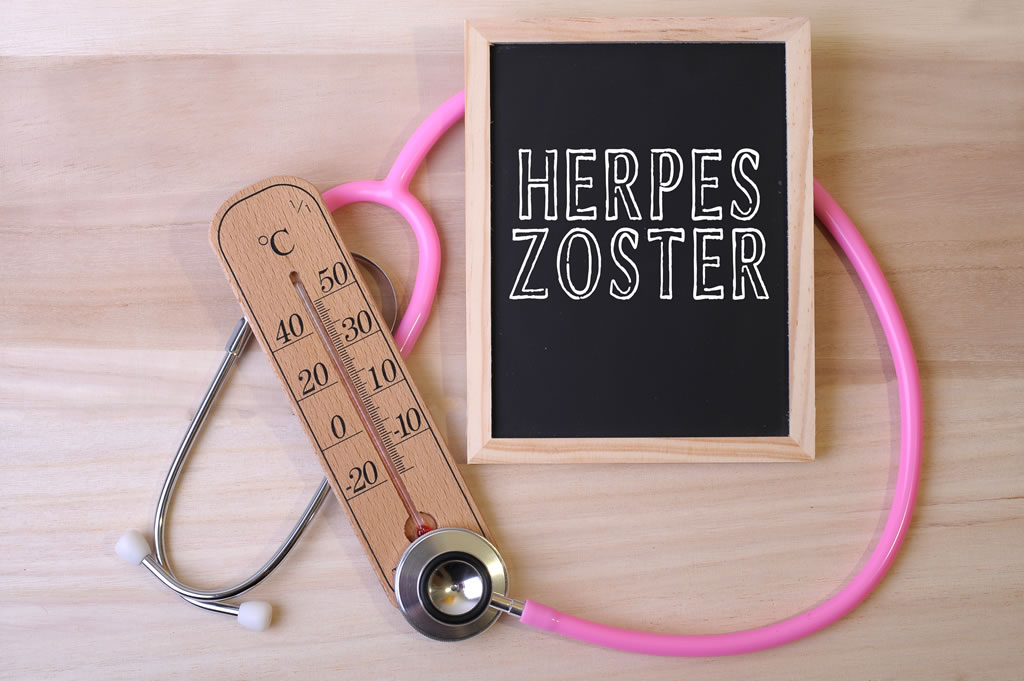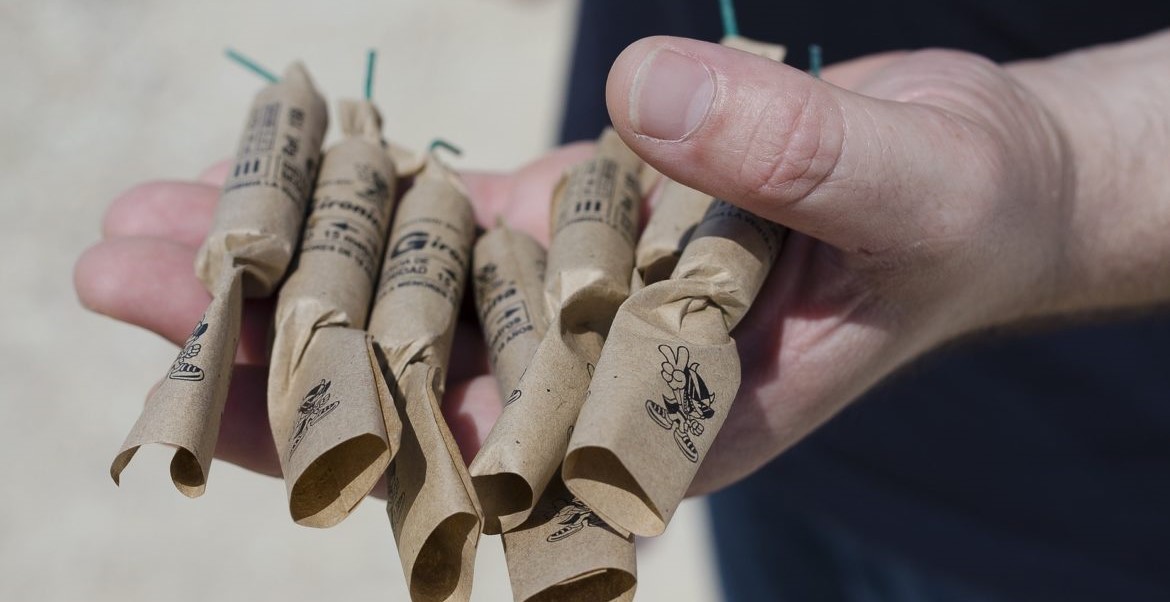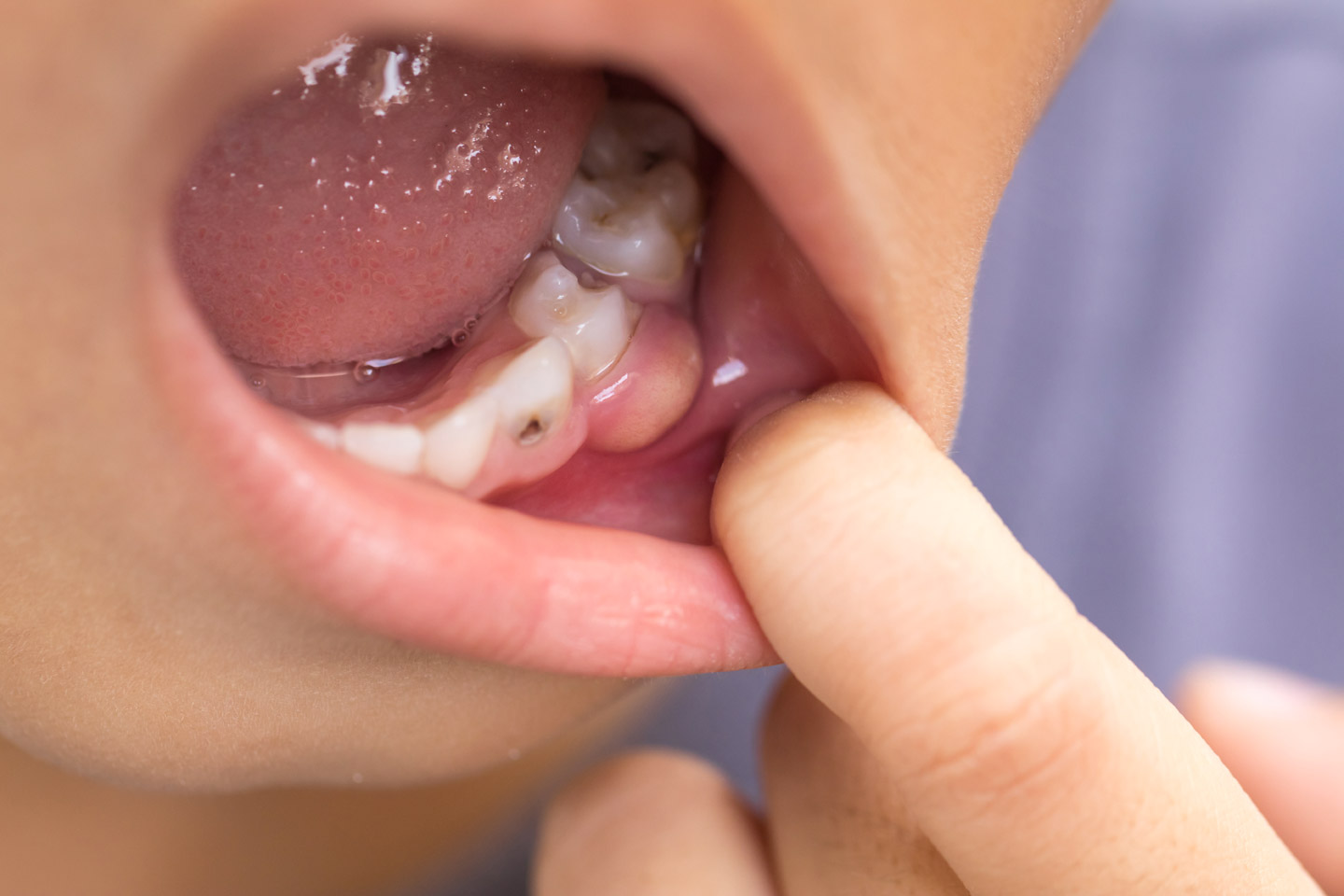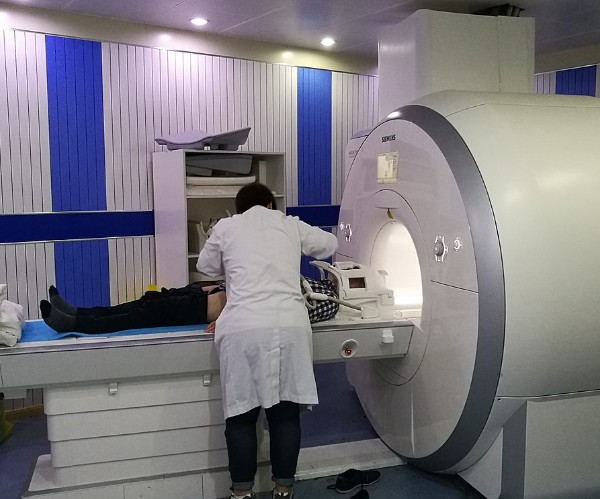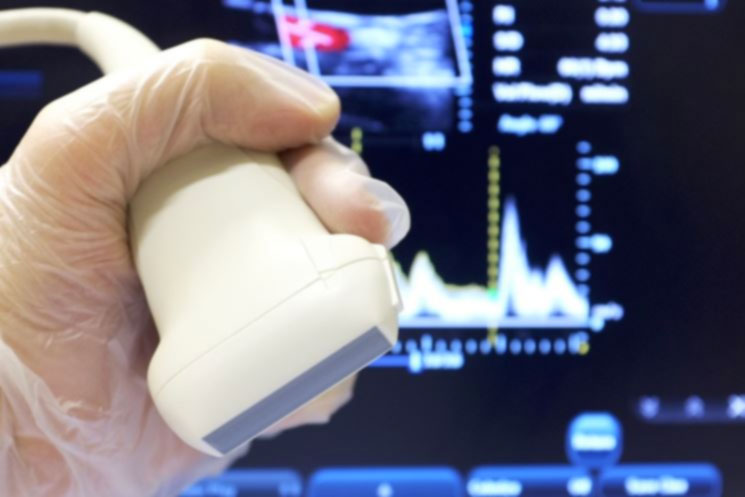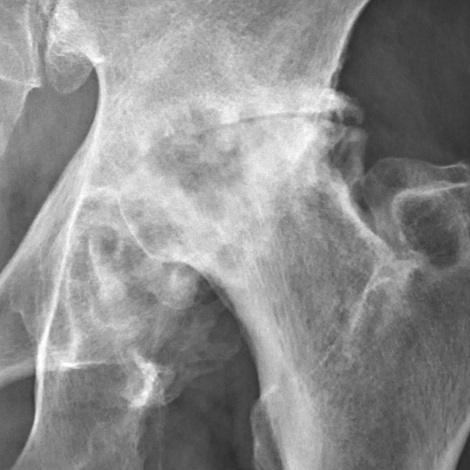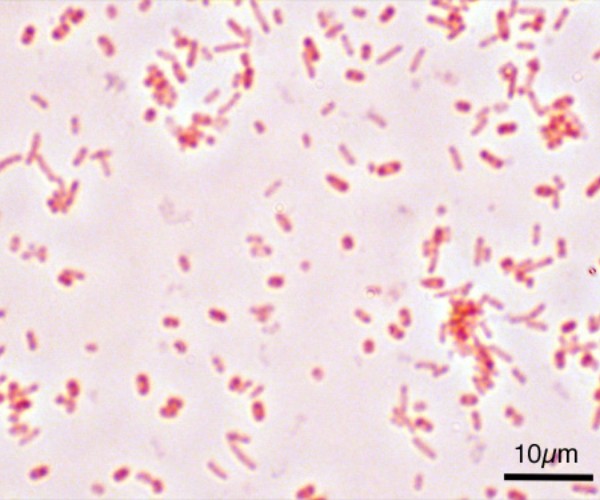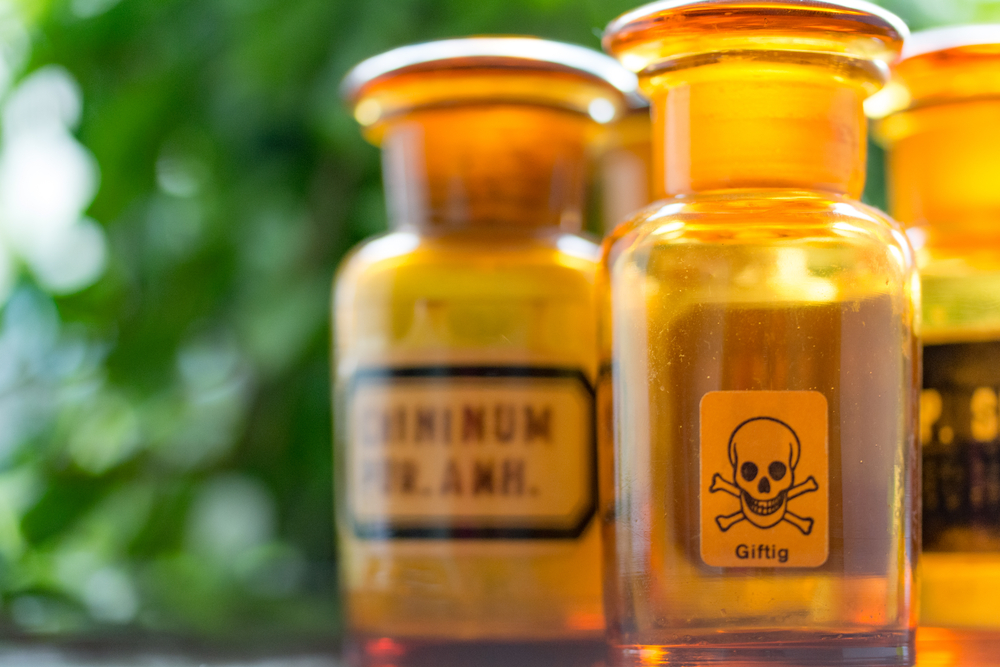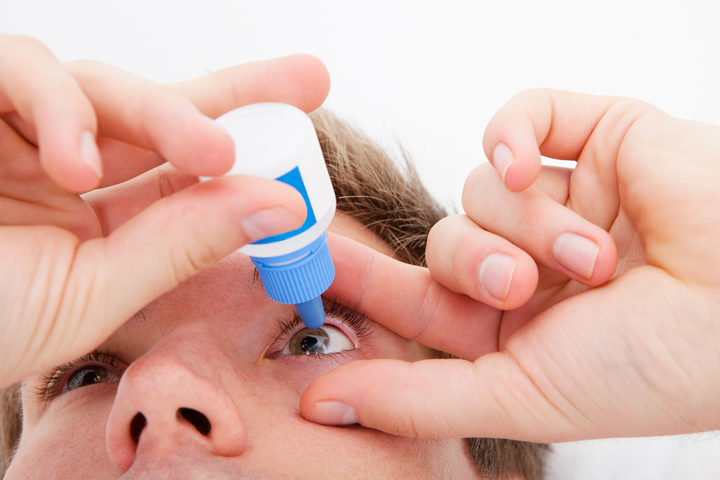Do you have a tattoo or are you thinking of getting one ? Before deciding of engraving an indelible phrase on your skin, or marking it with a symbol that refers to something important to you (whether it is the first tattoo or the last in a long series) you should pay close attention to the professionalism of the centers you go to and the attention they pay to the materials with which they will engrave your skin. Not only are perfectly sterilized needles and instruments sufficient, but also of great importance is the quality of the colors that will be injected under your skin. Let’s find out why.
The pigments that travel in the blood
Following a study published, in the journal Scientific Reports, carried out by a team of scholars led by Ines Schreiver, of the German Federal Institute for Risk Assessment (Bfr), the presence of the following was noted for the first time. color pigments in the blood of tattooed individuals, which travel through the channels of veins and arteries into our bodies. These are tiny particles, a millionth of a millimeter in diameter, that through the blood manage to reach various areas of our body, including the lymph nodes, organs of fundamental importance to our immune system.
Unfortunately, the possible consequences of such “contamination,” as a result of which chronic swelling of the lymph nodes has been noted, are not yet clear, but numerous studies are being planned to try to identify any adverse effects these pigments may have on the body. To be able to detect the presence of the color in blood vessels, the research team used the X-ray fluorescence technique to examine skin and lymph node samples taken from some tattooed subjects.
Hazardous inks
As mentioned above, it is of paramount importance to pay attention to the type of tattoo inks used. Many of these in fact, in addition to containing organic pigments, consist of numerous other (often toxic) substances such as preservatives and contaminants such as nickel, chromium, manganese and titanium dioxide. In fact, very often the danger lies precisely in the chemical composition of the ink, as also highlighted by the words of Hiram Castillo, of the European Synchrotron Light Center Esfr in Grenoble (who took part in the research): “When someone wants to get a tattoo they are very careful to go to centers that use sterile needles. However, no one checks the chemical composition of the colors, you should do that, and now we show why.”
The necessary precautions
Whenever you decide to get a tattoo, some very important questions need to be asked before you decide to proceed. Let’s look at some of them:
- Who is the tattoo artist? It is very important to make sure that the person who will tattoo your skin has the skills to do so. Then verify that he has all the necessary licenses and permits to practice his profession.
- Is the equipment used suitable ? Also pay close attention to the tools in the study. Are they all in good condition? Are they sterilized ? Most importantly, as for the disposable ones, make sure they are removed from the package in front of your eyes so you can be sure they are new and clean.
- Am I really convinced that I want to get a tattoo ? Have I carefully chosen which part of the body to tattoo ? A tattoo is an indelible mark that will remain on your skin forever (unless you decide to remove it with long, expensive and painful laser treatments). Be 100 percent aware of your choice, have in mind why you want to get a tattoo and, most importantly, think carefully about the area of the body you intend to tattoo, because later second-guessing can cause you quite a few problems.
All these steps are more than necessary to avoid running into the most common tattoo-related problems. These include allergic reactions (which can lead to even very serious consequences), infectious diseases ( in case the tools are not properly cleaned and sterilized), skin infections, and scarring, caused perhaps by the tattoo artist’s inexperience or mistake.
Mind you, any scaremongering would be totally senseless and inappropriate, there is, however, a need to urge greater care in choosing carefully the specialized centers to which to turn for a tattoo, asking for precise elucidation on the chemical composition and quality of the inks used, as well as making sure of the professionalism of the tattoo artist and the safety of the tools he uses.






